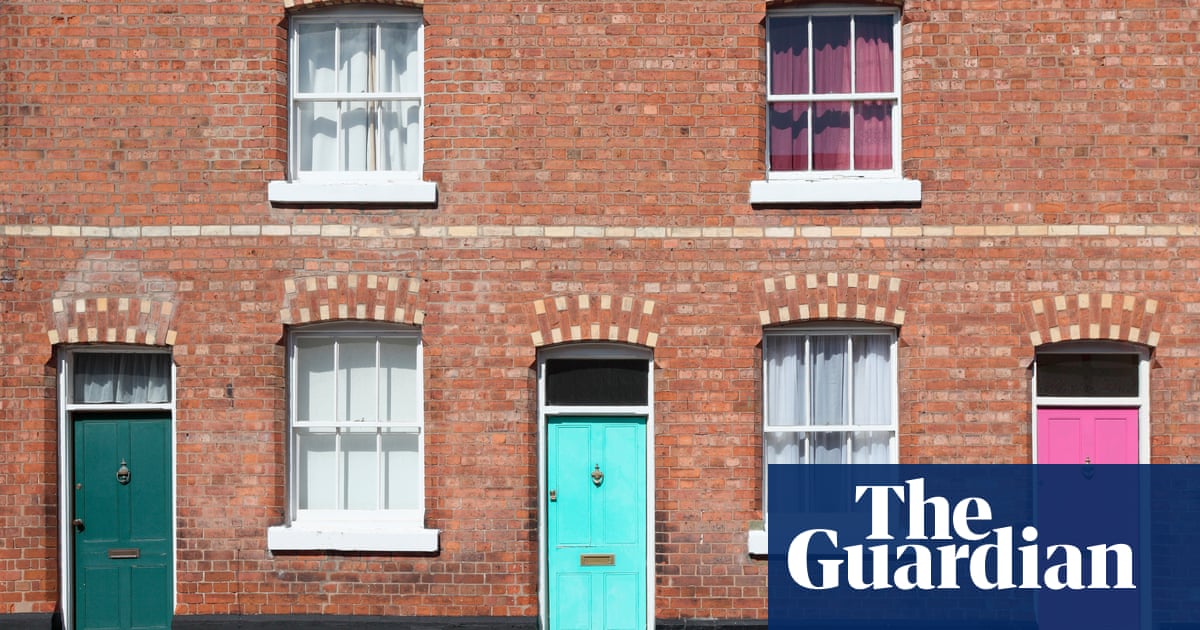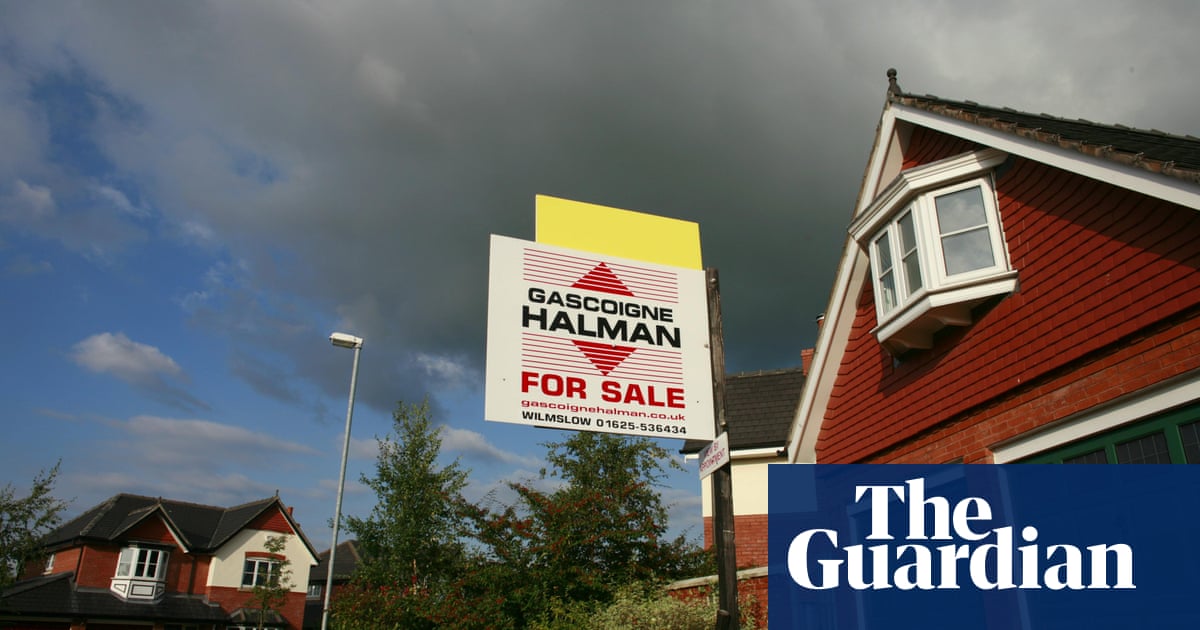
When Rob, 35, from Trowbridge in Wiltshire, and his wife bought their first home for £375,000 in 2021, they were unable to imagine that 18 months later the Bank of England would have raised interest rates to 4.5% – their highest point since 2008.
“We bought a four-bedroom house after a decade of saving, when house prices were rising 10% a year and mortgage rates were tiny,” he says. “We felt like if we didn’t buy then, we’d start moving backwards as prices were rocketing, and we were tired of renting, particularly as we have two young children.
“As the Bank of England base rate has been virtually flat our entire adult lives, we only fixed for two years, and are just beginning to start looking to remortgage now. I obviously now wish I’d have fixed for longer.”
With forecasts predicting that the Bank could be forced to raise interest rates to 5% this summer, it seems all but certain that the couple’s monthly repayments of just under £1,200 will rise dramatically when their fixed term ends in October.
“Our original goal was to see monthly repayments fall after two years, as it’s a substantial proportion of our income,” Rob says. “We were hoping to overpay enough to go from a 90% loan-to-value [LTV] mortgage to 85% to bring our rate down.
“Now, it looks like we’ll be paying at least a third more each month – in excess of £1,600 – if we fix in six months’ time, or have to risk going on to the standard variable rate, currently about 8% or almost £2,000 a month, in the hope that rates will drop quickly. Thanks to the stagnation in house price growth, it’s not clear if our house would now be valued as less than what we bought it for, pushing us further away from the 85% LTV bracket.
“I worry that we’re going to lose our home we saved so long to buy because of all this. It’s quite possible rates will go up further. I actually don’t know what to do.”
‘We may even have to ask family for help’
For Anna, a 50-year-old design consultant and mother of a 12-year-old, there was no other option but to refix her and her partner’s mortgage for their home in east London at 4.4% for two years.
“Our monthly payment has more than doubled to £2,700, despite us having more than 50% equity in our house,” she says. “This was the best available rate for us as we couldn’t switch lenders, and it’s part repayment, part interest-only. In light of this latest interest rate rise, we are now happy we didn’t go for the tracker mortgage our broker suggested back in March, but nevertheless it’s going to be a tough ride for us.”
The couple’s new mortgage repayment plan has put them in a financially unsustainable position. “All bills have gone up massively, and we have to find an additional £1,500 per month to cover the mortgage. We’ll have to use savings and may even have to ask family for help. It’s going to mean that we’ll constantly be overdrawn, every month.”
Should interest rates not have come down by 2025, Anna says, the family will have to sell up and leave. “We won’t be able to pay this much for more than two years. If rates aren’t falling, we will leave London, either for Europe or for somewhere where we can cash-buy a property – provided we can sell our home at market value, which might not happen if buyers can’t get mortgages easily.
“The truth is, the Tories have made home ownership a struggle for everyone apart from the top 1%.”
‘We’re really worried now’
The situation is similar for Lewis Wilkinson, 40, and his wife, who bought their two-bed flat in Catford, south-east London, in 2017 for £480,000, with an interest rate of 1.44% and monthly repayments of £1,350.
“We started our remortgaging process just after Christmas, as ours is due to expire this month,” he says. “We were going to go down the route of a five-year fixed mortgage, just to give us some stability, but our mortgage adviser encouraged us to look at a tracker mortgage, which had a rate of around 3.24%. We did the figures and this was acceptable for us. Now, with the base rate going up to 4.5%, our rate will be around 4.74%. We’re really worried now.”
The couple, who have a young child, still have the option to switch to a fixed mortgage rate, but they are unsure whether this would improve their financial outlook.
“We were advised at the beginning of the year that the base rate had peaked and would go down, and now the experts are predicting the same. I think we’ll be able to hold out for about a year and pay the mortgage with savings every month. We’re just hoping the rate will fall.”
Realistically, however, the young family will run out of options soon. “We could sell and downsize, but we’d probably move back home to where I’m from in Northern Ireland. A mortgage of what is looking to cost us about £1,800 a month, plus £1,520 for childcare – it’s just getting too much.”












